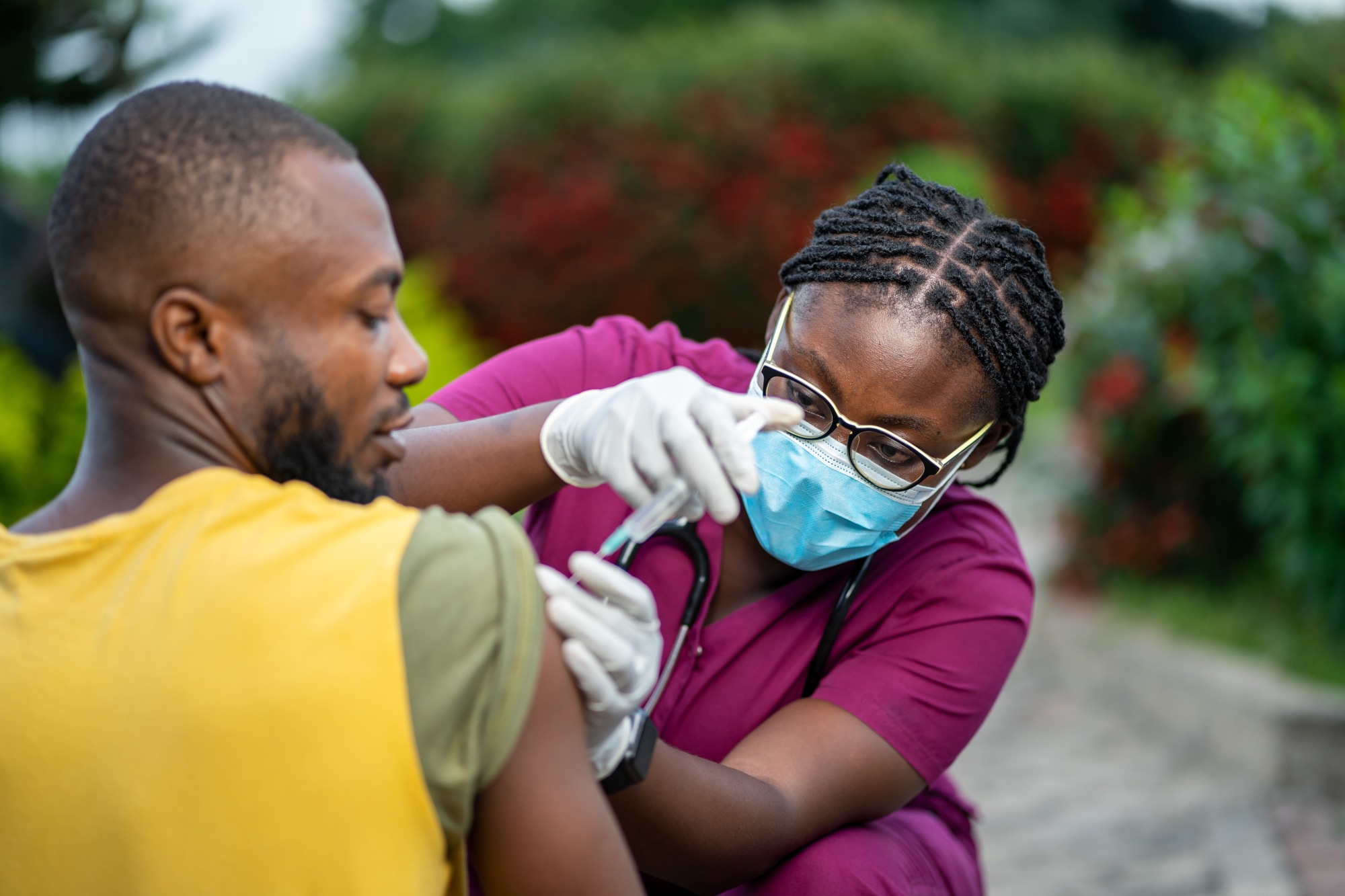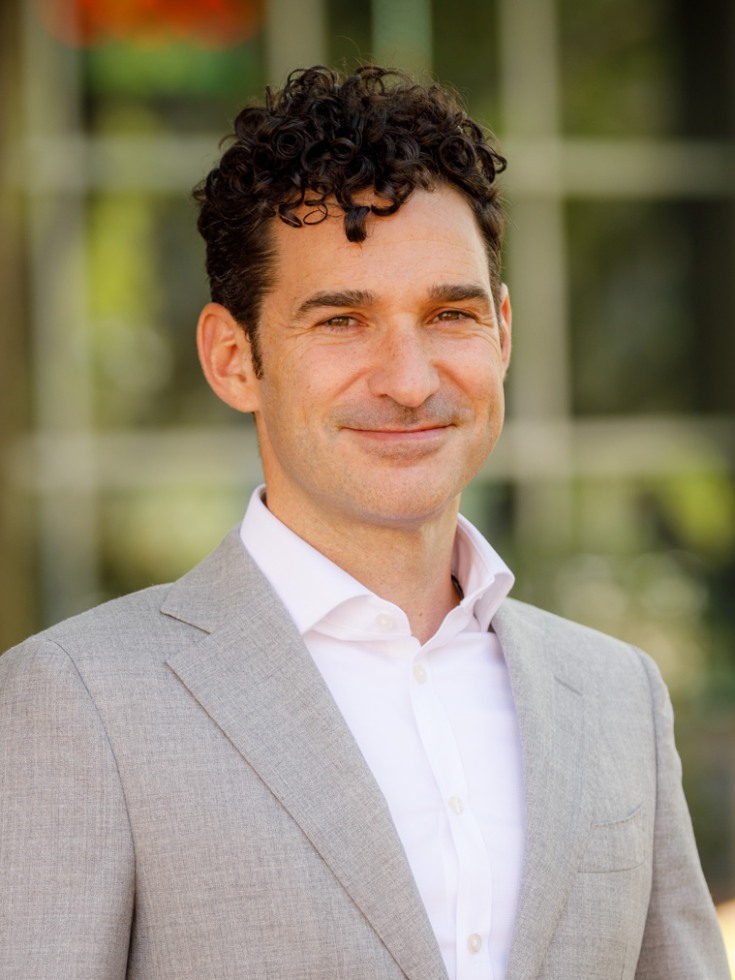Dr. Craig Spencer is an associate professor of the practice of health services, policy and practice at Brown University and an expert on infectious diseases like Marburg. He’s been advising the U.S.’s response to this outbreak, and knows about these types of viruses firsthand, having spent over a decade treating infected patients around the world. We invited Dr. Spencer to tell us about this Marburg outbreak, and what it can teach us.
So what is the Marburg virus, for people who haven't heard of it before? Can you give us a little background?
The Marburg virus is a small virus that's in the same family as Ebola, and causes very similar symptoms. We don't hear about Marburg outbreaks all that much, but when someone like myself or people working in infectious disease hears about them, our ears perk up and we get really worried because they can be really nasty.
And when you say “really nasty,” what does that mean?
I think most people remember from a decade ago what Ebola is like. People in close contact with body fluids are at high risk, and if they get infected, they can have pretty uncomfortable symptoms: fever, vomiting, diarrhea. With Ebola, your likelihood of dying is probably a coin flip. And with Marburg, up until now, there haven't been that many known outbreaks, but in the ones that we've had, it's been anywhere between 25% to 88%: meaning that if you get infected, there's a 50/50 chance that you're not going to make it.
So, can you give us a big picture description of what's happening in Rwanda right now?
Yeah, absolutely. At the end of September, Rwanda alerted the world that it had discovered an outbreak of Marburg, and initially there was some confusion and concern. But what we ended up finding is that for the past few weeks before this alert, Marburg was spreading primarily in the west of the country, related to miners that were working in mines where they were exposed to a specific species of bat that had Marburg.
This ended up showing up in the capital, Kigali. Normally, with Ebola and Marburg, we get really worried when this happens in capital cities, because capital cities provide a lot of fuel for outbreaks to spread, and it has historically been really difficult to do contact tracing and to control viruses in these cities.

